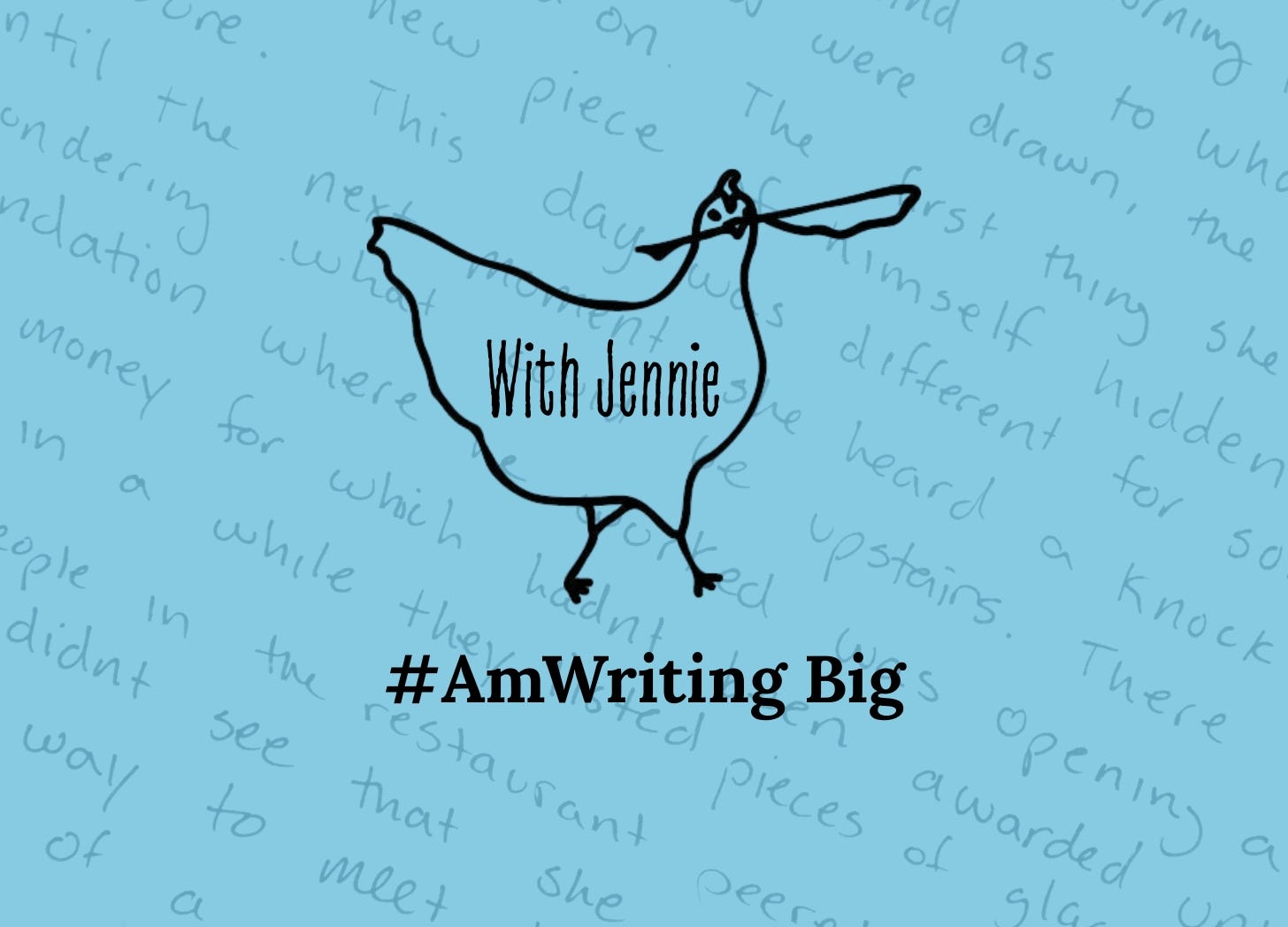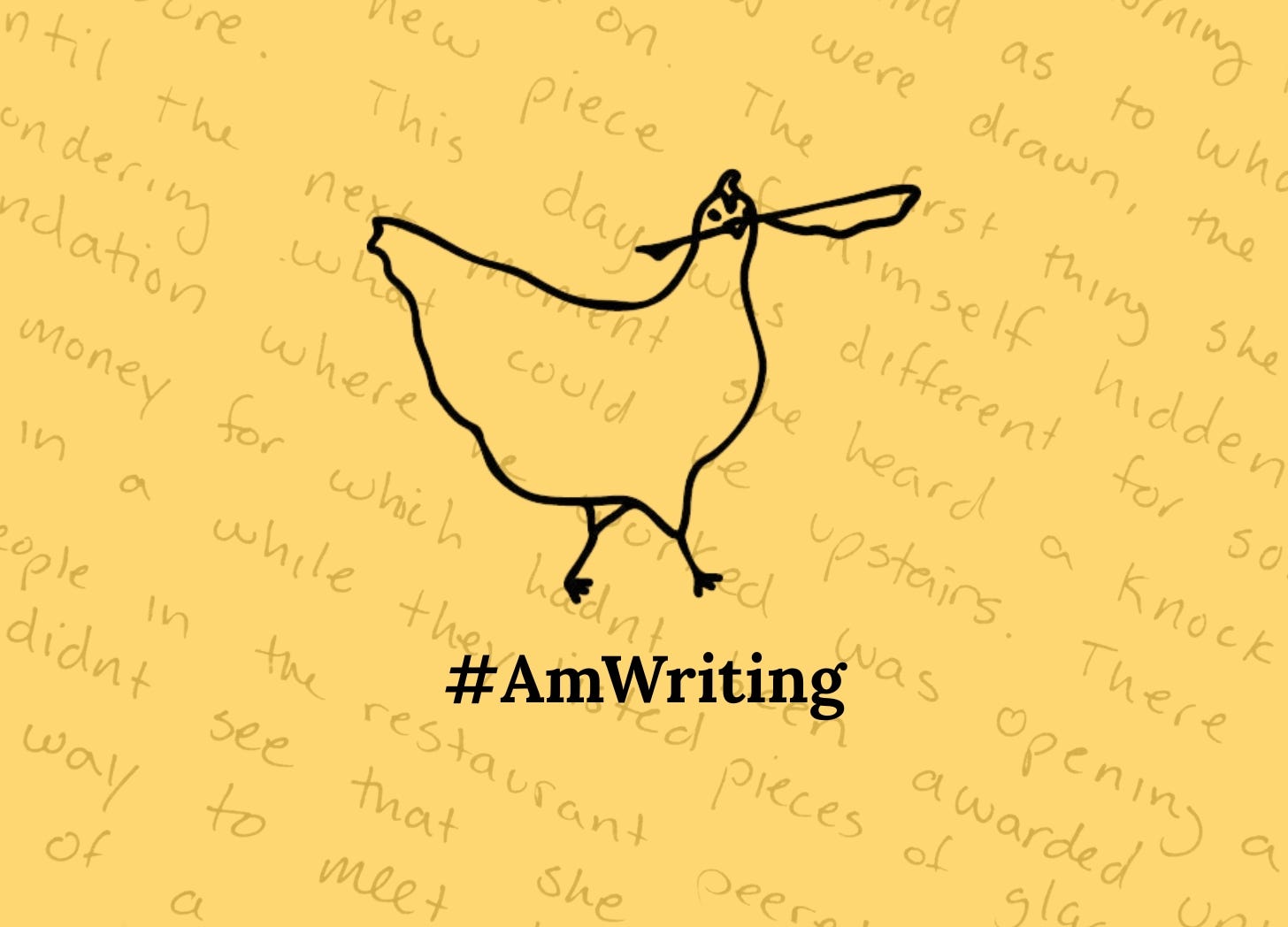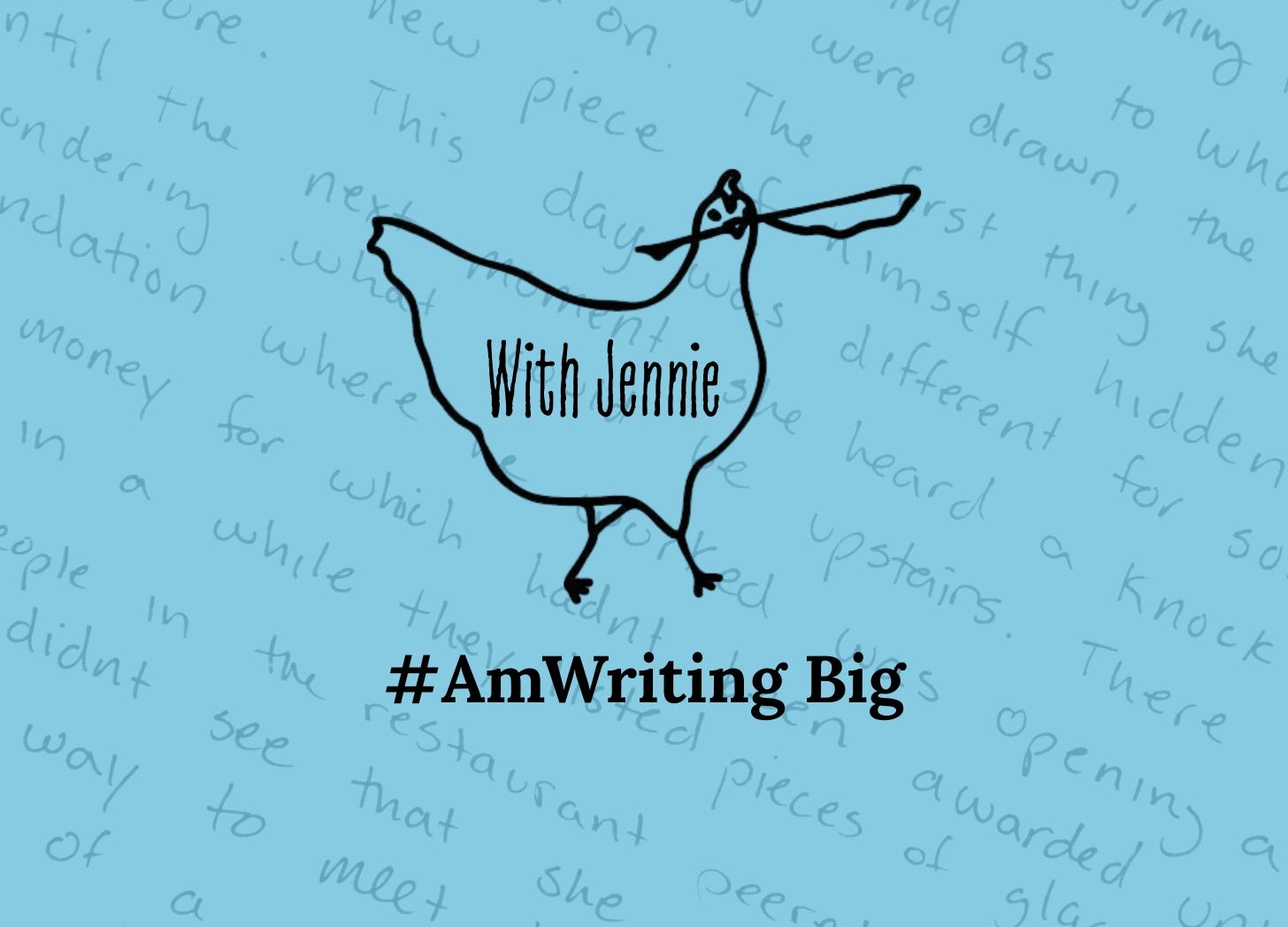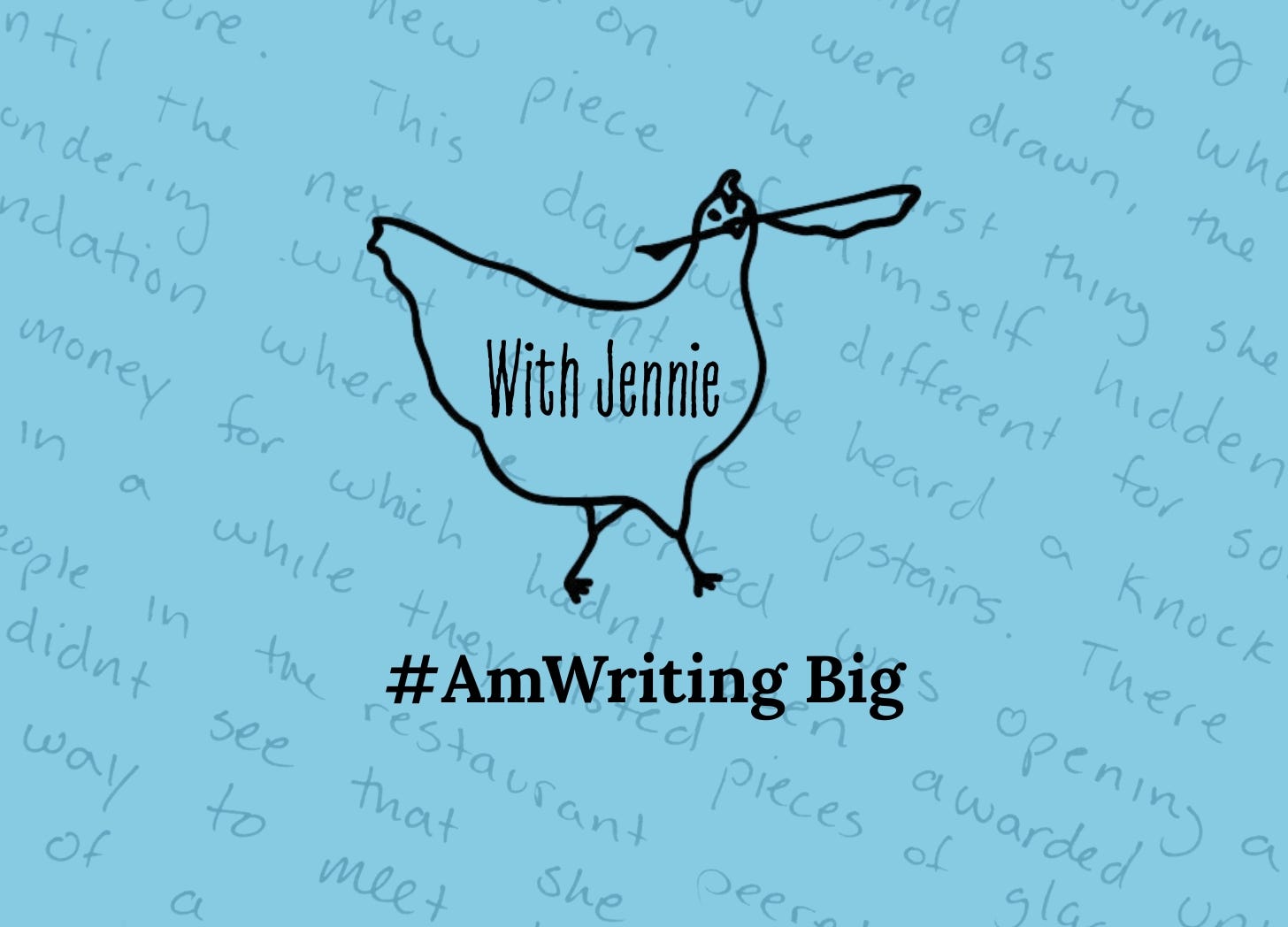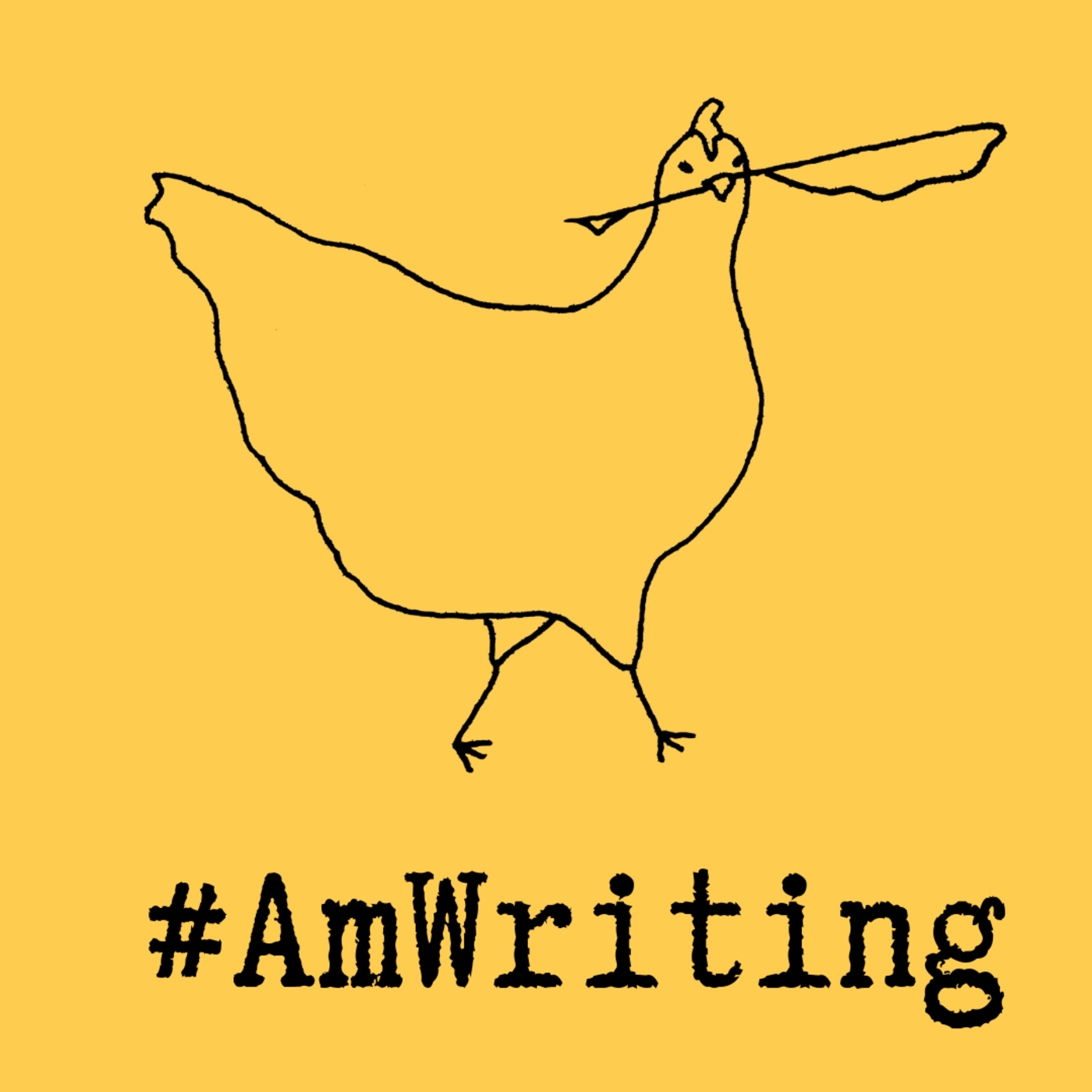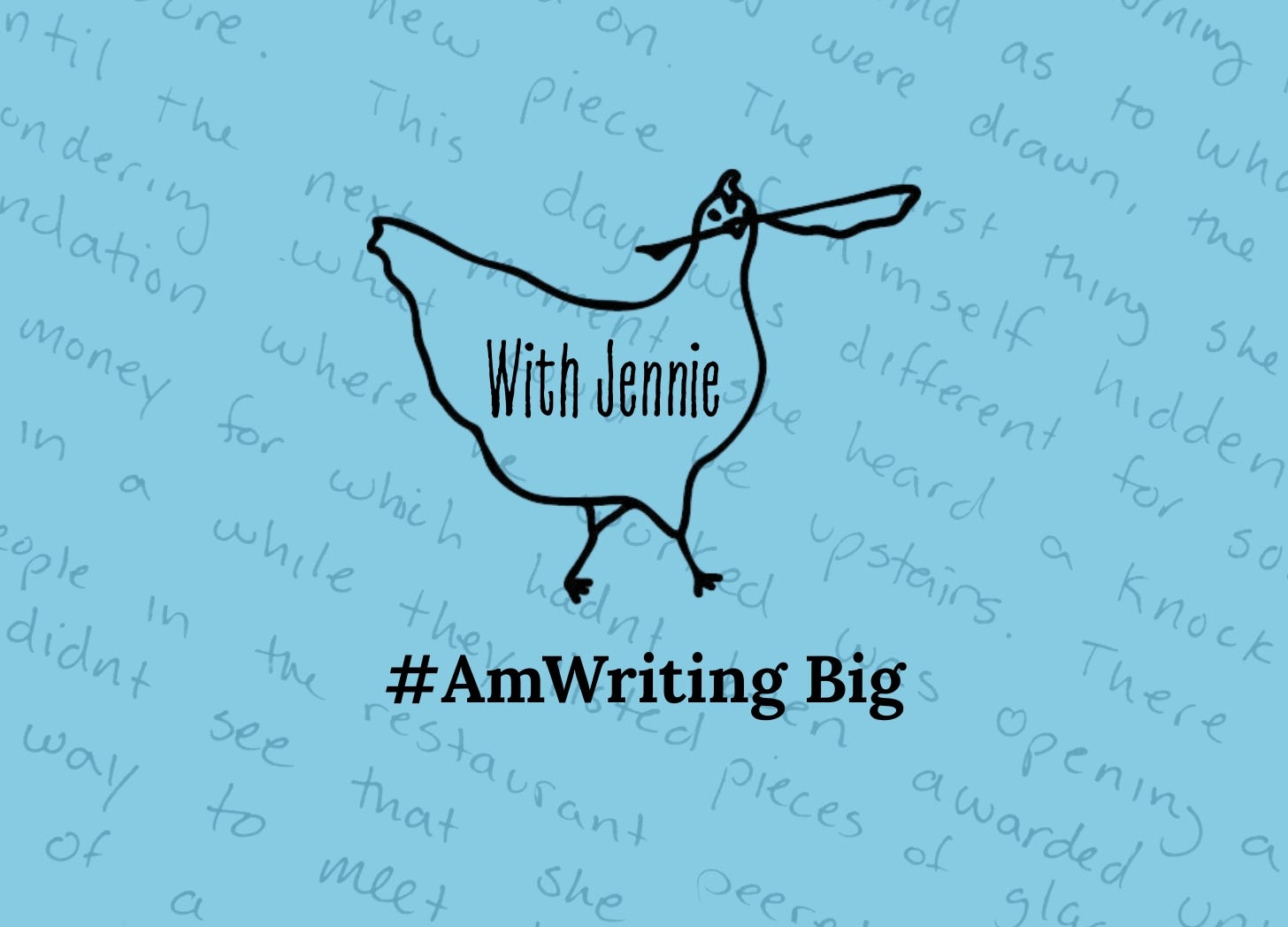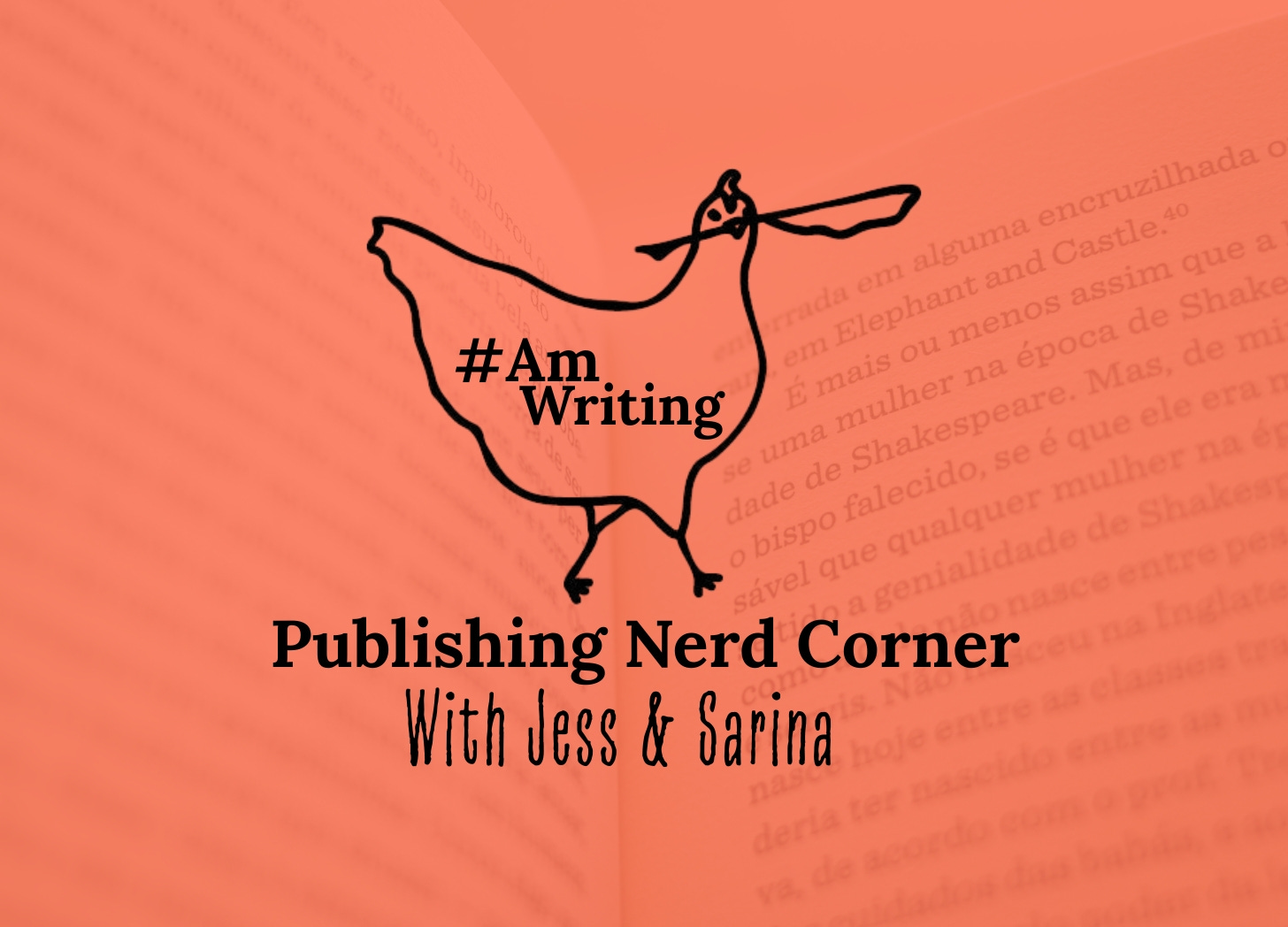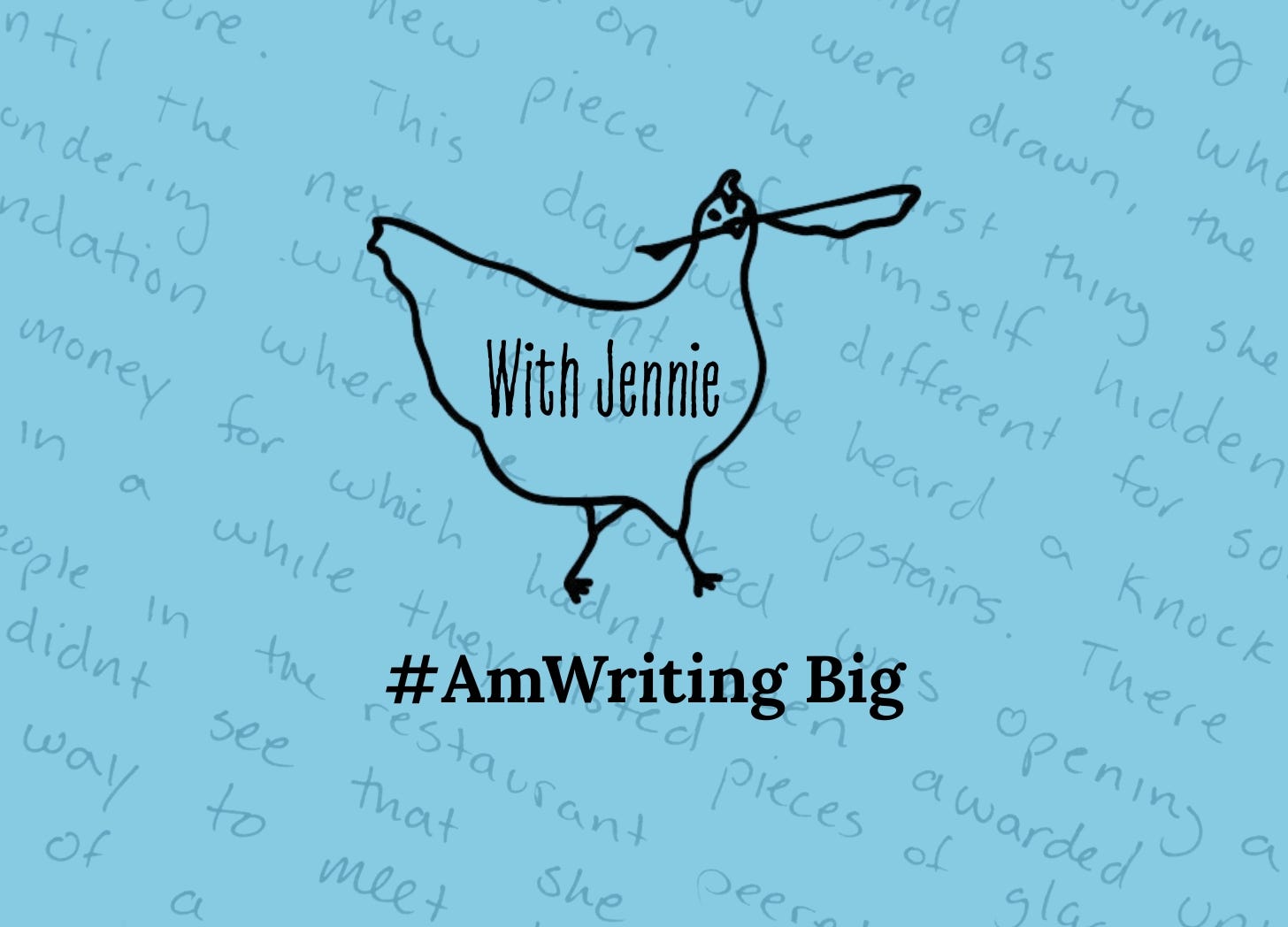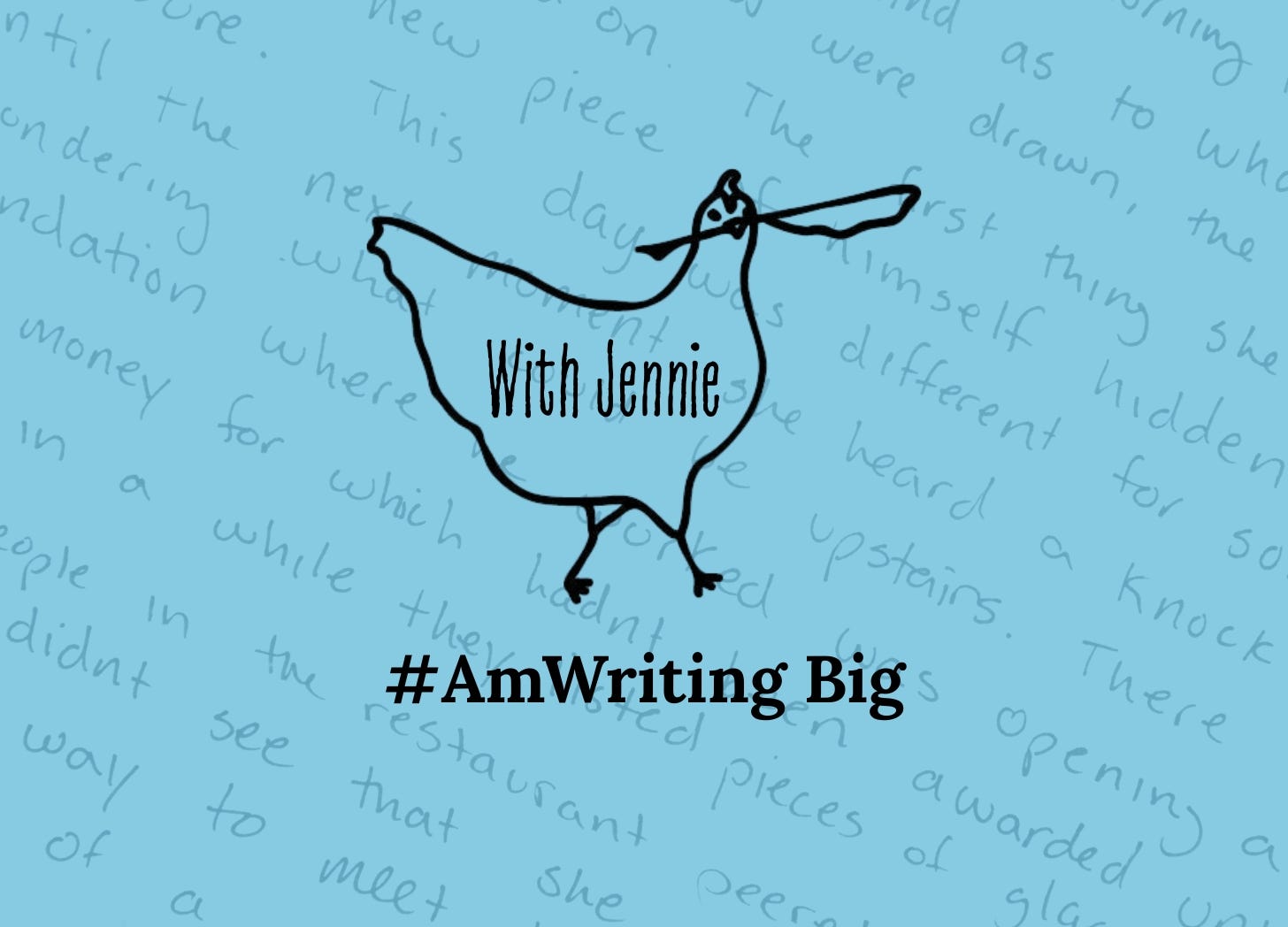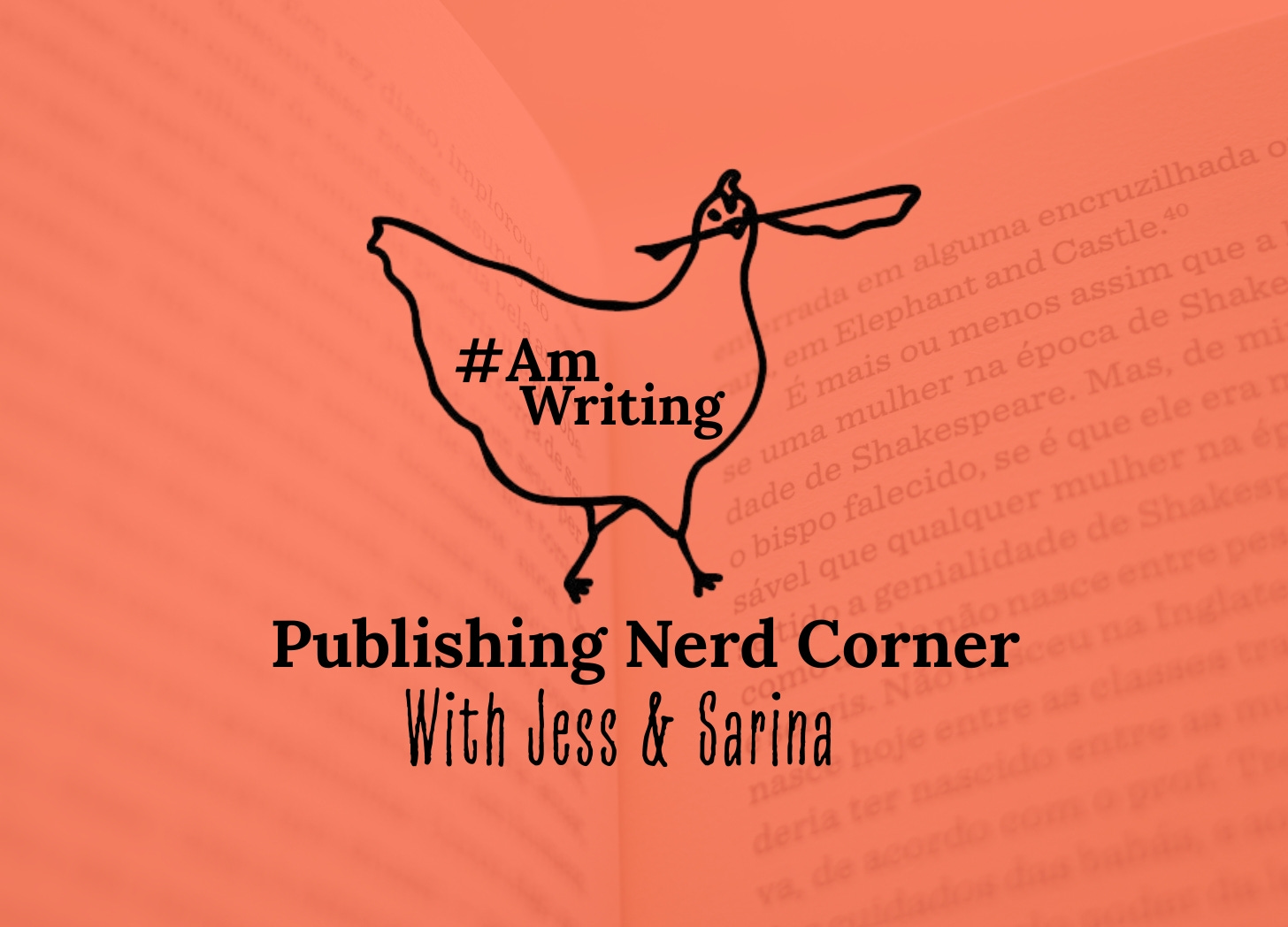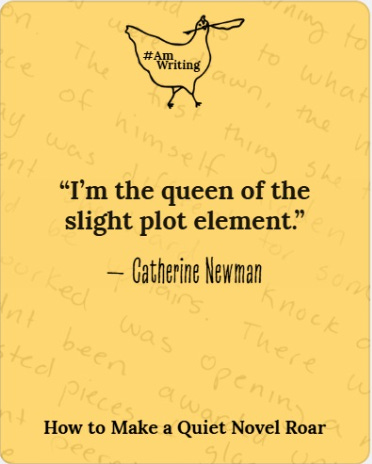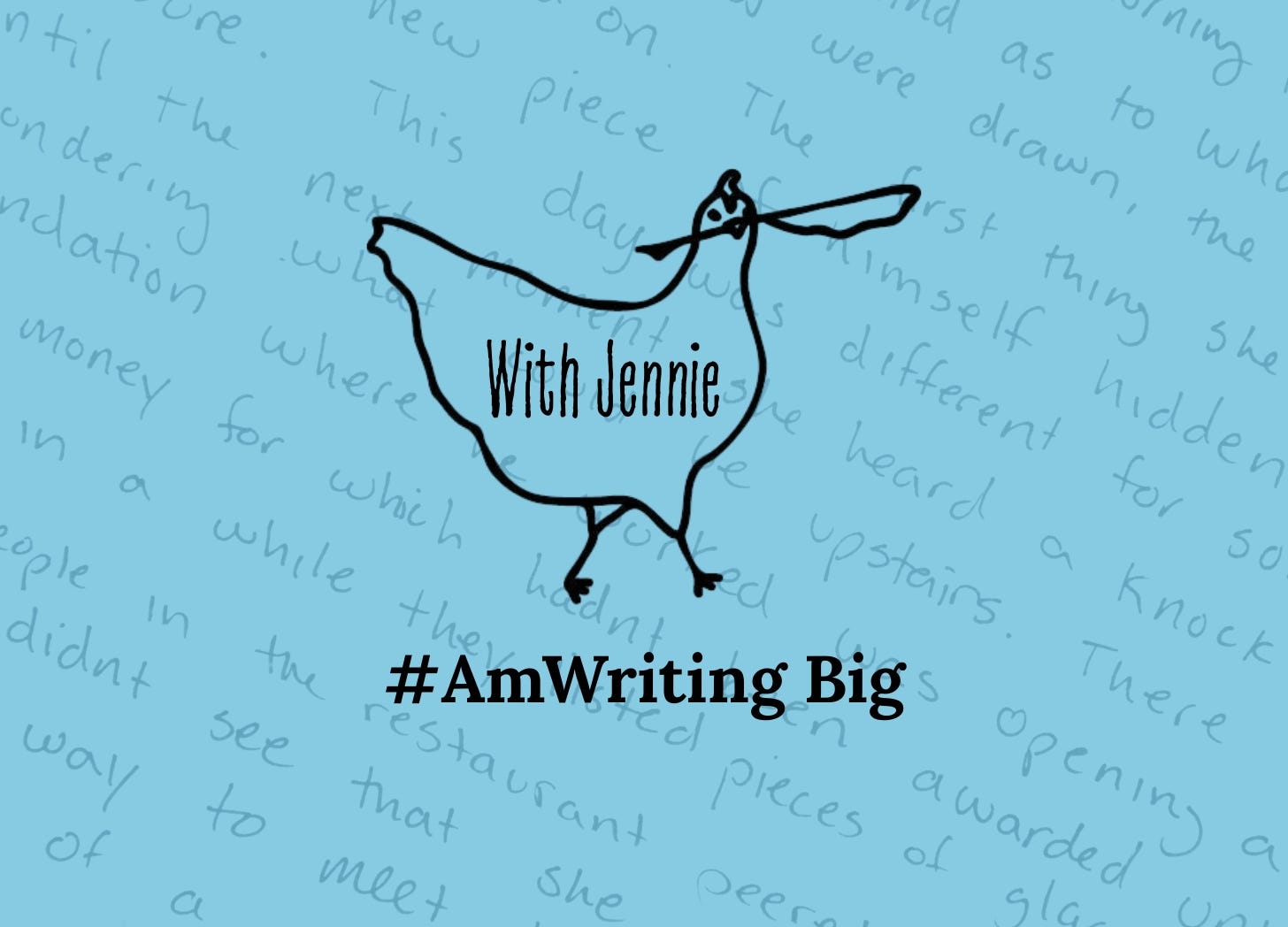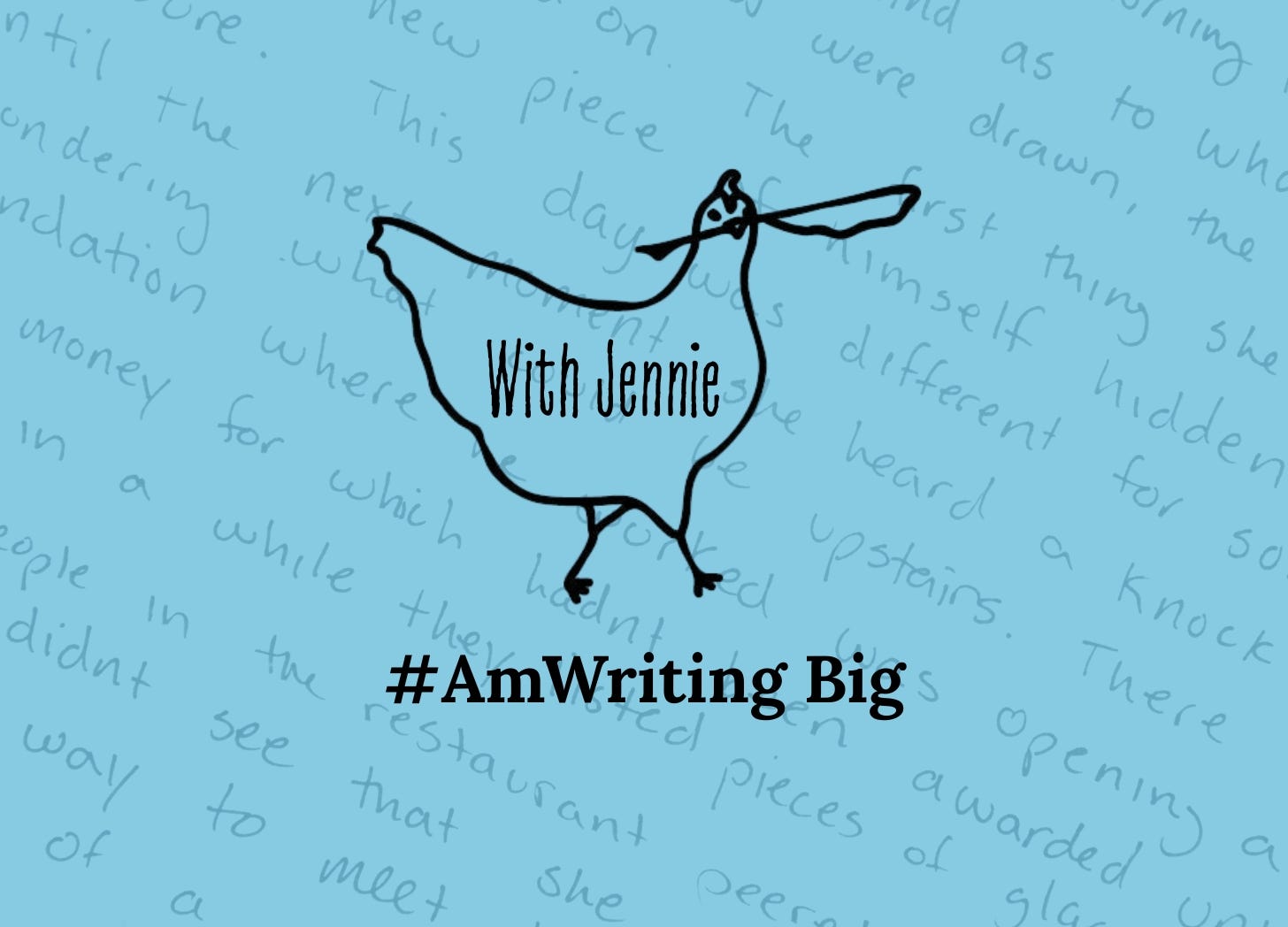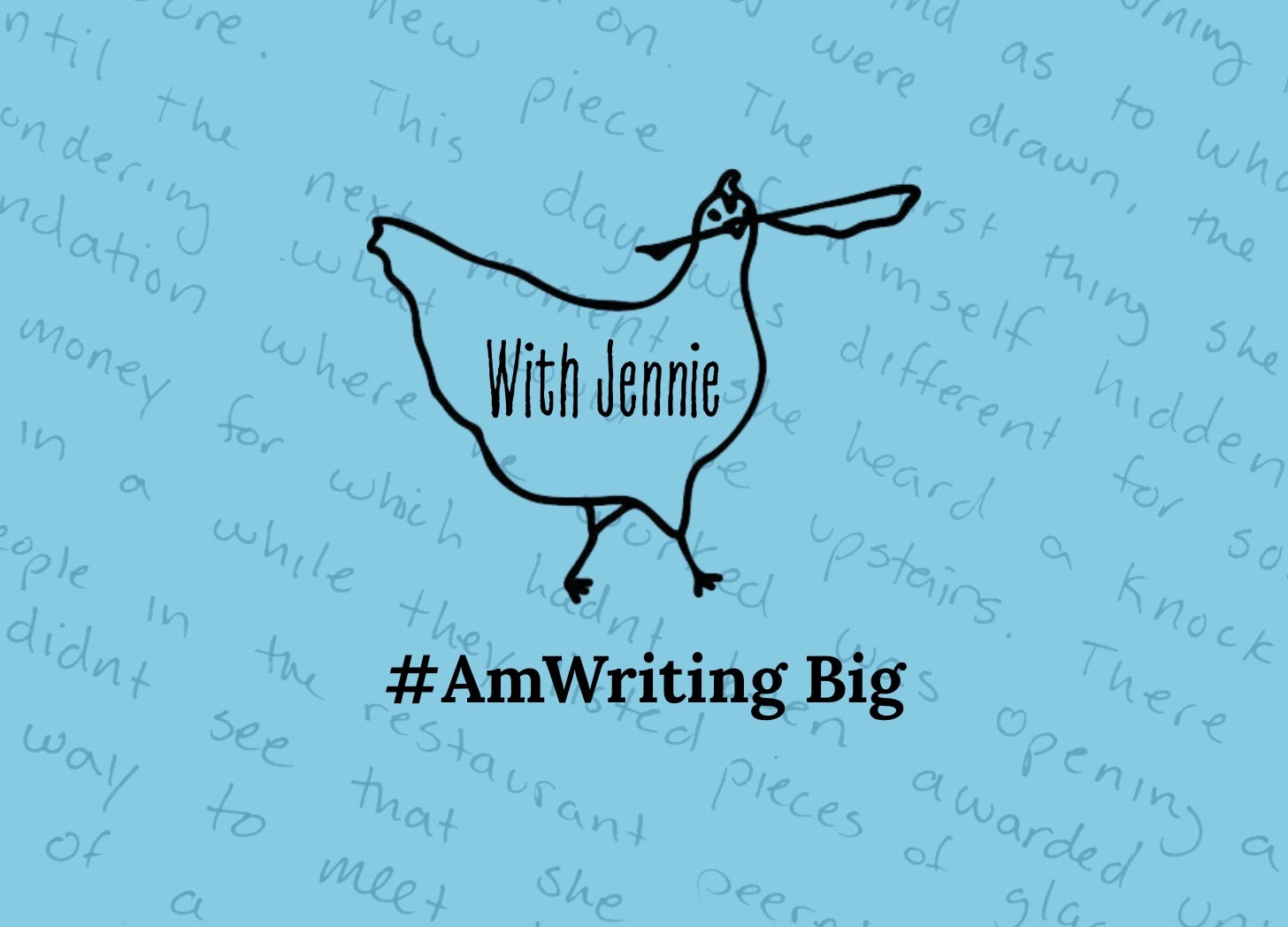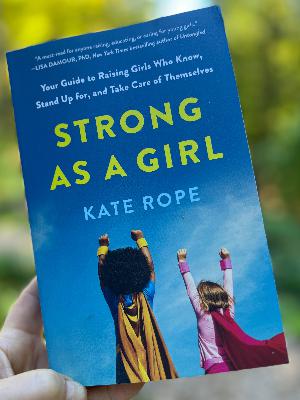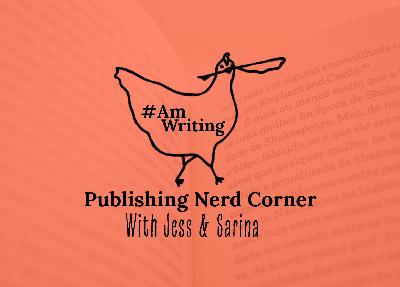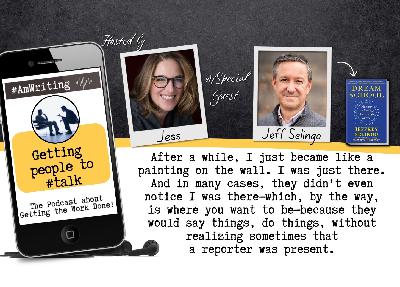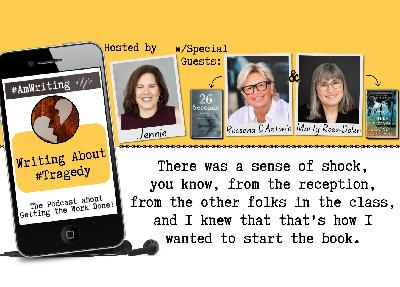How to Write What You Love and What Readers Want (Ep 6)
Description
Jenny Nash builds on her conversation with Mary Laura Philpott to highlight a crucial truth: writing for yourself and writing for readers are two very different things—and they need to happen at the same time. Start from passion, but bring market intention in early, because it shapes everything from structure to genre to how your book will sell. Define your goals up front, so you’re not left frustrated later.
Transcript Below!
SPONSORSHIP MESSAGE
Hey, it’s Jennie Nash, and I wanted to remind you that while you’re shopping all the sales this week, think about investing in your writing. Author Accelerator book coaches are offering a Black Friday special for writers who are ready to move forward on their books. It’s called the Mini Blueprint Strategy Session, and you get a focused one-on-one experience that helps you see what’s working in your manuscript and what to do next. Eighty-six of our certified book coaches are offering this special for a limited time. You can go to authoraccelerator.com/black-friday to check it out.
EPISODE TRANSCRIPT
Hi, I’m Jennie Nash and you’re listening to the Hashtag AmWriting Podcast. This is a Write Big Session—a short episode about the mindset shifts that help you stop playing small and write like it matters.
Today I wanted to do a second episode about some of the things that Mary Laura Philpott shared in our last episode. I thought that conversation was just rich with incredible meaning, and something she said has really stuck with me—that I want to amplify here today.
And it’s this idea about the difference between what you want to write for your own self—and writing for readers in the marketplace. Mary Laura articulated so well that these are two really separate parts of the process. You have to write what you want to write from your heart. You have to bring your heart and your soul to your work—because first of all, writing a book is a really long undertaking. You’re going to spend a lot of time with this story or this content and material, and you want to make sure that you’re doing it from love.
You want to make sure that you’re doing it from some deep creative well within yourself—and tapping into that place that is rich and full and makes you feel alive. That’s the only book that’s worth writing, and many people do that kind of writing and do that kind of work—and don’t ever want to cross over to that other place where now they’re doing the work of making that ready and accessible for a reader.
And Mary Laura talked about how that second shift in the book-writing process is so weighty for her—and it is for everyone. The difference between writing something for your own self and writing something that bubbles up and springs up from inside you, and writing something with the intention that it’s going to be bought and sold by strangers—and read by people that you don’t know—that’s what strangers are, I guess—the difference between those two things is really huge. And I think too many writers make the mistake of doing the first part and thinking that’s enough--that they don’t have to think about, well, what does my reader want? Where does this book fit on the shelf in a bookstore? How is this going to be bought and sold?
What is this book’s relationship to the marketplace? They don’t make that leap into that second way of thinking—and then they get frustrated when the marketplace rejects their work. It’s the work of their heart. It’s the work of their soul. They brought their whole being to the page—but they didn’t do that second part.
But here’s the key about that second part—It doesn’t usually come after. It’s not chronological. You don’t write the thing and then think about the marketplace. Sometimes that happens—but it’s actually really rare.
You have to do those two parts of the work at the same time—they have to overlap. You start a project out of the love and the passion and the yearning and the desire, but the intention that it’s going to be for the marketplace needs to come pretty soon thereafter, because it’s going to impact your structure.
It’s going to impact your genre. If you’re writing fiction, it’s going to impact the length of what you write. It’s going to impact all kinds of decisions that you make about that book, and if you leave those decisions until after you’ve written a draft, you’re likely going to be very disappointed.
So what this is really about is understanding your intention for the work as soon as you can. So again, you might start with the love and the desire and the yearning and the passion, but once you start thinking… I would like for this to be read, I would like for this to be in the marketplace. My intention and ambition is for it to be read. Then you need to stop and start asking yourself some of these core questions about: how is it going to be read, how is it going to be in the marketplace? My Blueprint books were designed for this exact thing. They offer a 14-step method of inquiry that helps you think about these core questions at the beginning of a project before you write too far.
This isn’t an advertisement for my Blueprint books. I think they’re great, but there’s a lot of other ways to get this work done as well. There’s some other methods—there’s other systems and processes. You might have a framework for doing it as well, but it’s something that we really need to think about—is these two different pieces of the process. So my reflection for today is to go back and listen to that episode with Mary Laura Philpott and listen for the words that she says around this, because they’re so good—and I think she just pinned it down so well—and I just want you to spend some time reflecting on these two phases of the process and these two parts of making a book that readers are going to love.
Until next time, stop playing small and write like it matters.
The Hashtag AmWriting Podcast is produced by Andrew Perrella. Our intro music, aptly titled Unemployed Monday, was written and played by Max Cohen. Andrew and Max were paid for their time and their creative output, because everyone deserves to be paid for their work.
This is a public episode. If you'd like to discuss this with other subscribers or get access to bonus episodes, visit amwriting.substack.com/subscribe

